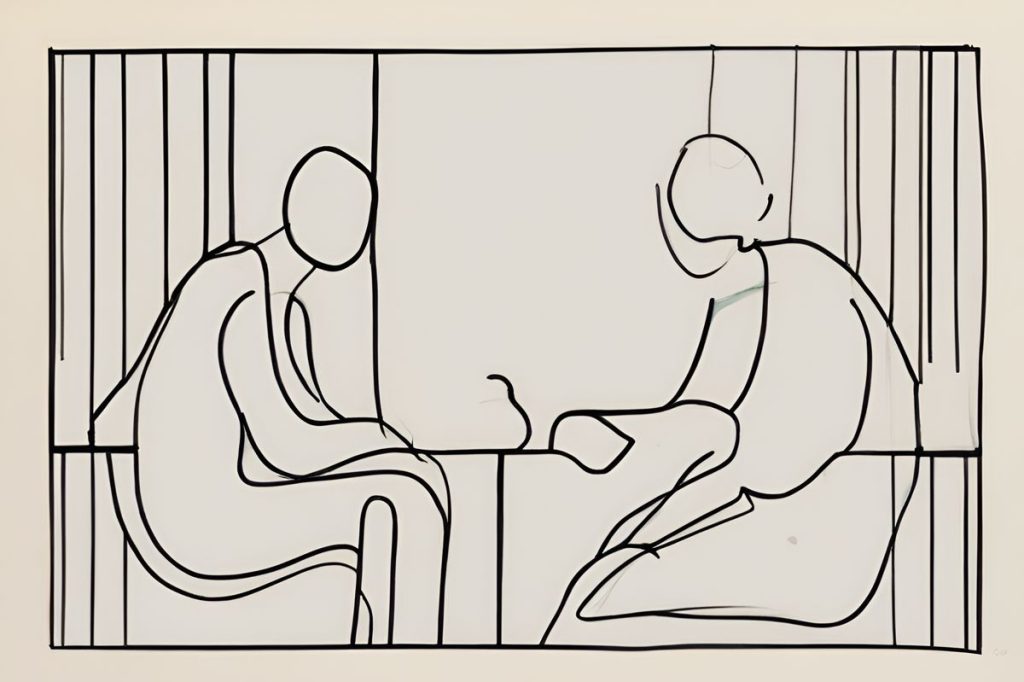Russia, led by officials like Andrei Kartapolov, is contemplating revisions to the timing of nuclear arsenal deployment, potentially altering global defense postures significantly. While specifics are undisclosed, any changes to their current doctrine, which reserves nuclear weapon use for severe threats, may have far-reaching implications on strategic balances.
What changes is Russia considering to its nuclear weapons policy?
Russia, led by officials like Andrei Kartapolov, is contemplating revisions to the timing of nuclear arsenal deployment. While specifics are undisclosed, any changes to their current doctrine, which reserves nuclear weapon use for severe threats, may significantly alter global defense postures and strategic balances.
Adjustments to Nuclear Posture
Amidst towering tensions on the global stage, Andrei Kartapolov, the head of the Russian lower house’s defense committee, has dropped a significant hint about potential shifts in Russia’s nuclear weapons policy. Moscow, which has long held a reserved stance on the use of its formidable nuclear arsenal, is considering revisions to the timing of their deployment. Kartapolov’s declaration, made to the RIA state news agency, underscores the weightiness of the current geopolitical climate.
Russia’s nuclear doctrine, as of 2020, dictates that nuclear weapons would only be deployed under dire circumstances—such as in retaliation to a nuclear strike, an attack with other weapons of mass destruction, or in the event of an assault with conventional arms that threatens the very survival of the Russian state. While the specifics remain veiled, any modification to this doctrine could signal a notable pivot in defense posture, reflecting heightened vigilance and a readiness to navigate the murky waters of global conflicts.
A Delicate Balance of Power
These developments come against the backdrop of elevated frictions between Russia and the West. The ongoing conflict in Ukraine has exacerbated these strains, with diplomats from both Russia and the U.S. expressing concern over the war entering its ‘most dangerous phase.’ The rhetoric surrounding nuclear capabilities has intensified, with President Vladimir Putin himself alluding to the possibility of adjusting nuclear doctrine and even the potential for nuclear tests, although he indicated no immediate necessity for such measures.
The mere mention of altering nuclear policy has far-reaching implications. It sends ripples through the delicate equilibrium of international relations and arms control. Such statements are not made lightly, for they have the power to reshape strategic alliances, recalibrate military strategies worldwide, and redefine what constitutes a threat grave enough to warrant consideration of a nuclear response.
Navigating the Nuclear Narrative
The heightened discourse surrounding nuclear weapons is not merely about potential action; it is also about crafting a narrative. In the intricate dance of diplomacy and deterrence, words can serve as both saber-rattling tactics and a means to assert dominance on the world stage. The narrative set forth by Russian officials appears to be one of caution paired with a willingness to reassess and react to the shifting dynamics of global power.
The international community remains on alert, watching for signs that could indicate a shift from rhetoric to reality. As the world grapples with a myriad of security challenges, the emphasis is on preventing escalation and maintaining a semblance of stability in an increasingly unpredictable landscape. The dialogue on nuclear capabilities and doctrines continues to be a critical factor in peace and security discourses, with global leaders and institutions keenly aware of the gravity that such discussions carry.
The balance between demonstrating resolve and exercising restraint has never been more critical. As nations navigate through complex geopolitical terrains, the focus on diplomacy and dialogue becomes paramount, ensuring that the future remains free from the specter of nuclear confrontation.
What changes is Russia considering to its nuclear weapons policy?
Russia, led by officials like Andrei Kartapolov, is contemplating revisions to the timing of nuclear arsenal deployment. While specifics are undisclosed, any changes to their current doctrine, which reserves nuclear weapon use for severe threats, may significantly alter global defense postures and strategic balances.
Why is the timing of nuclear arsenal deployment important in global defense postures?
The timing of nuclear arsenal deployment is crucial as it determines the conditions under which a country would consider using nuclear weapons. Any changes to this timing can have far-reaching implications on global defense postures, strategic balances, and the overall stability of international relations.
How does potential shifts in Russia’s nuclear weapons policy impact international relations?
Potential shifts in Russia’s nuclear weapons policy can impact international relations by triggering responses from other countries, influencing strategic alliances, recalibrating military strategies worldwide, and redefining what constitutes a threat grave enough to warrant consideration of a nuclear response. This can lead to heightened tensions and increased uncertainties in the global security landscape.
What is the significance of the discourse surrounding nuclear weapons in the current geopolitical climate?
The discourse surrounding nuclear weapons is significant as it not only reflects the intentions and capabilities of nations but also plays a crucial role in shaping narratives, asserting dominance, and maintaining peace and stability. The delicate balance between demonstrating resolve and exercising restraint in the realm of nuclear capabilities is essential for preventing escalation and ensuring a secure future for all nations.

